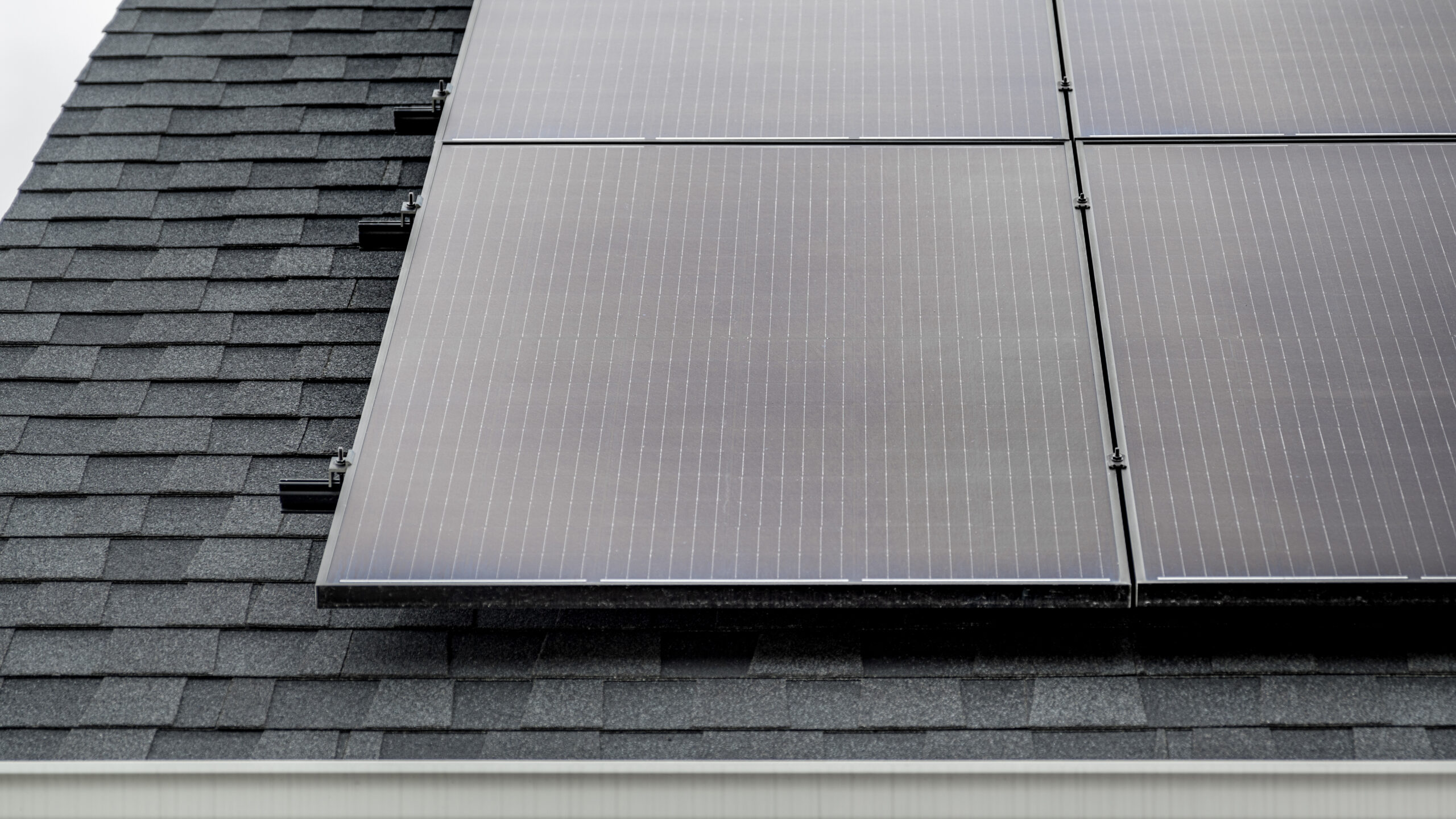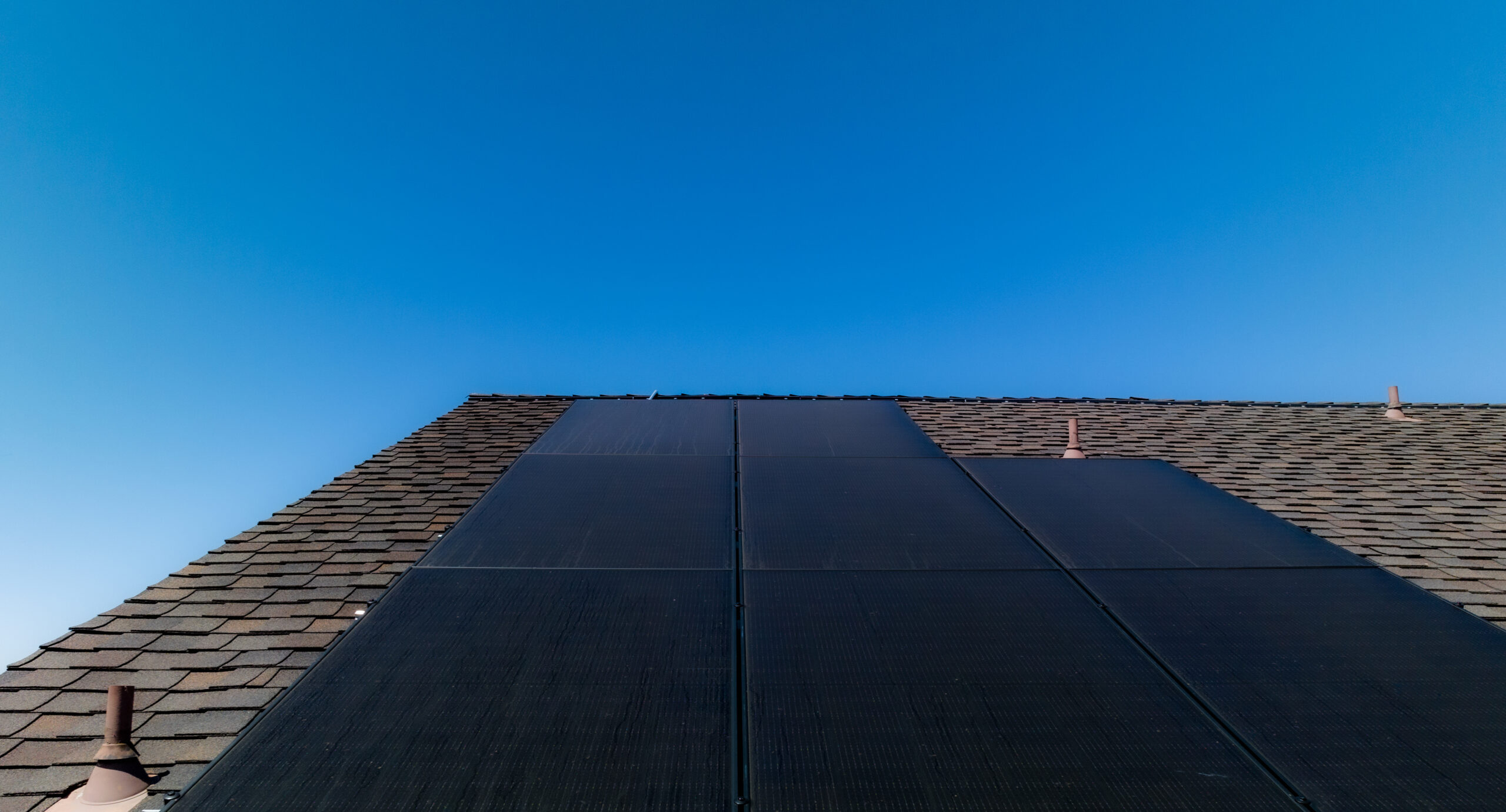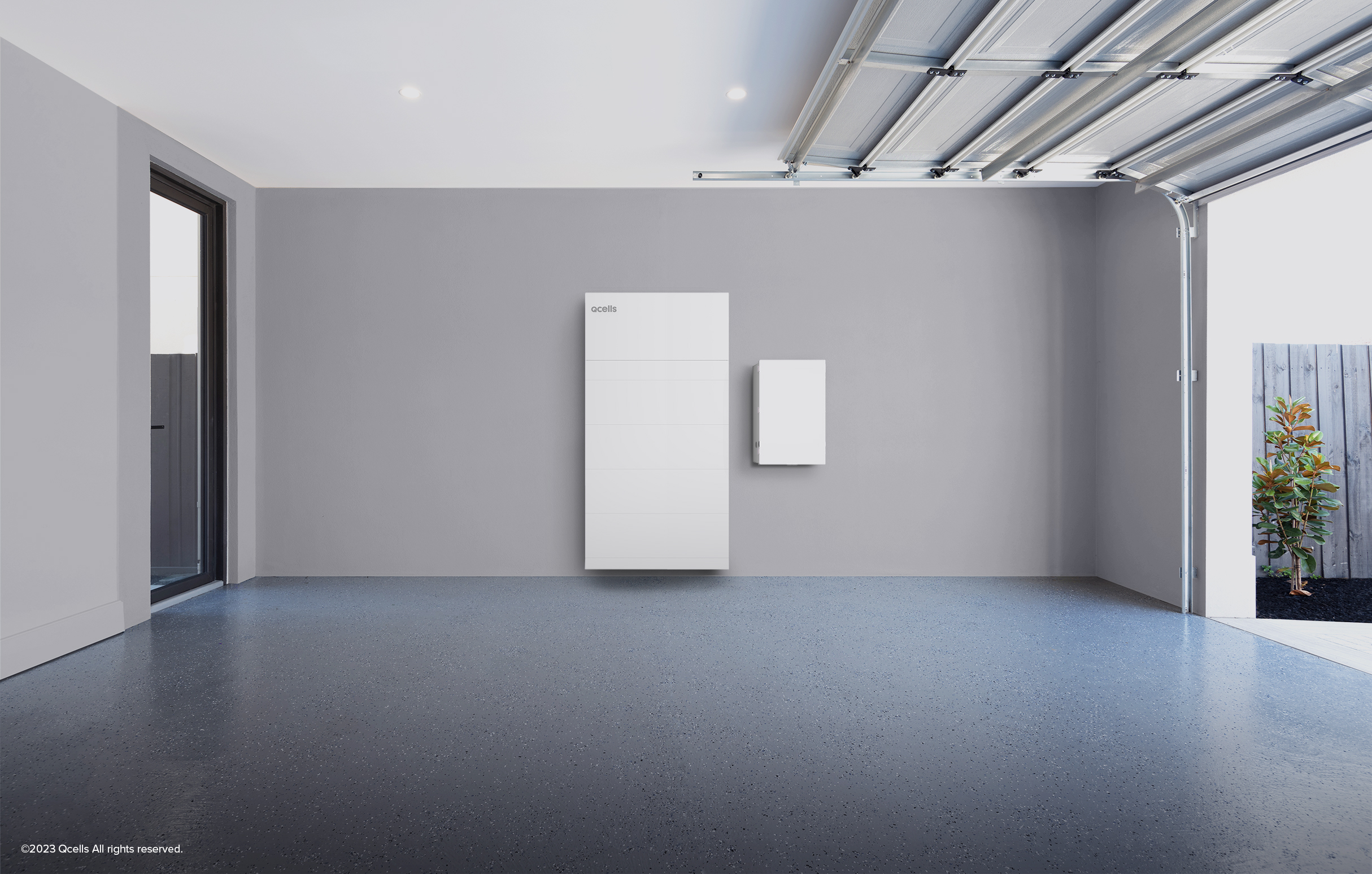The short answer is: yes, solar panels are worth it. The longer answer is: there are some pros and cons that you should weigh up when considering installing solar panels – size of the installation required, the presence of any local net metering or other incentive programs, the type of solar panels, the identity of the installer – and ultimately the decision to install solar will come down to whether or not it will fit your personal needs. So read on to learn more about why yes, solar panels are very much worth it…
What Are Solar Panels?
Solar panels harvest sunlight from the sun to create electricity. This is known as the photovoltaic (PV) effect, and is one of the leading means of generating renewable energy. A solar panel is typically comprised of a grid of solar cells, which are usually made from monocrystalline silicon, and connected with wires made of silver for increased conductivity of electricity. Sun’s rays collected by the solar cells are converted into Direct Current (DC) power, which is channeled along the solar panel and out to an inverter, which converts the DC into Alternate Current (AC), which can then be consumed in the home, fed into the electrical grid, or used to charge an onsite battery storage system.
How Much do Solar Panels Cost?
The costs of solar panels are susceptible to changes. Whatever price per kilowatt hour (kWh) is accurate at the time of writing, the chances are high that this price is outdated by the time you read it. So it is uncommon for online sources to state upfront the cost of solar panels.
That said, there are a few things that hold true for solar panel costs: generally, costs decline year-on-year, meaning the solar panels you buy today may be cheaper next year. For households, the total cost of a solar system also varies depending on the system size, the technology used, and the type of state benefit or tax credit you are eligible for.
The best way to calculate your solar panel costs is to compare quotes between leading providers, and choose which is best for you. Cheaper is not always better when it comes to an installation quote. It is important to choose a licensed/certified installer with a good reputation. As a rule, solar energy represents the most competitive LCOE (levelized cost of electricity) available to you, and if you purchase a solar system outright then you should expect to see returns on your investment within 6-10 years.
Average Solar Panel Costs by Region
Average solar panel costs do not tend to differ by region. Rather, the cost of certain types of solar panels from different brands will differ, depending upon factors such as power output, size, technology etc. What can differ, however, are state-level tax credits and subsidies, as well as the level of sunlight your solar panels receive depending upon location. Other regional-specific factors that can affect solar panel costs include roof (and therefore system) size. Average home sizes differ nationwide, and thus a larger home with a larger roof can accommodate a larger solar system – and with it, higher overall costs (offset by a greater energy yield). A larger roof does not necessitate that the solar system is also large; it merely allows for the possibility of a larger system. Indeed, a large roof can be a suitable location for a small solar system.
Residential Solar Panel Costs
Residential solar panel costs are easily calculated with the help of an online solar calculator, or via a quote from a solar installer. Factors you need to consider include the system size – i.e., what is the optimal number of solar panels for your rooftop – the average yield (how much solar energy will your system generate for you), and the types of solar panels, because not all solar panels cost or perform the same.
As stated previously, providing an accurate cost breakdown online is difficult given how solar panel costs fluctuate, but a ballpark figure for a typical home in the US is around $17,400 to $23,900 – before any tax credits or other incentives are applied – for a standard solar rooftop system sized to meet the energy consumption needs of an average household.
Commercial and Industrial Solar Panel Costs
Commercial and industrial (C&I) solar panel costs represent an attractive investment for small and medium-sized businesses eager to lower their carbon footprint, lower their utility bills, and gain greater control of their energy consumption.
Companies interested in installing solar panels should contact a few local installers to receive a quote – costs can vary based on solar panel technology, the proposed system size, and the existence of any tax credits or state incentives. Because upfront costs can be higher for companies due to the size of the solar system required, some installers may offer attractive financial packages such as loans or low-or-no-upfront payment terms.
For more information about the solar panel cost, click here.
Pros and Cons of Solar Panels
Assessing the pros and cons of solar panels is really easy – there are no (well, very few) cons to solar panels, and many, many pros! Solar is an affordable source of electricity. It is great for the environment. It is low maintenance. Additionally, it can also increase the value of your home. Solar will save you money and even make you money. Although it does require some initial investment, most system owners see a return on their investment within a few years. For more information about the pros and cons of solar panels, click here.
Advantages of Solar Panels
There are many advantages when it comes to solar panels. For homeowners, solar panels offer a low maintenance, low-carbon and affordable source of reliable electricity which, when paired with a battery storage system, can also keep the lights on even during times of blackouts. Solar panels can reduce energy bills and increase the value of a home, while for commercial and industrial companies, a solar roof brings not only these financial and maintenance benefits, but can also be good for business. As many customers are increasingly becoming pro-solar and sustainability focused, they are likely to look favorably on companies that are doing their part to help tackle climate change.
Disadvantages of Solar Panels
Among the few disadvantages of solar panels, the upfront cost required to install a solar system that meets your energy needs is the most obvious one. Homeowners and businesses do need a spare few thousand dollars to adopt solar energy, even if that investment is likely to reap benefits within a few years. Other potential disadvantages of solar panels include: living in a region where sunlight is low and thus energy production is not as high as it could be; potential maintenance and cleaning issues; space constraints, and lack of local incentives or tax credits.
Factors Influencing the Benefits of Solar Panels
The benefit of solar panels is overall positive, however some external factors can limit a solar panel’s benefits. Such factors include inclement weather, soiling, shading or poor installation. However, if solar panels are professionally installed, optimally located to maximize its exposure to the sun’s rays, kept clean and free from debris, and is installed on a home in a region benefiting from supporting incentives, then it is a truly beneficial and smart investment.
Geographic Location
The geographic location of your solar panels greatly influences their efficacy. Solar energy is entirely natural. The whole world can effectively run on solar energy – the sun is earth’s life-giver, after all. Harvesting the sun’s rays has been one of mankind’s main priorities since the beginning of time. Today, we have developed highly-efficient solar panels to turn those rays into usable, clean electricity.
However, some regions are better suited to this than others – areas with low cloud cover and high levels of sunlight will see solar panels produce high energy yields. Solar panels do work in cloudy conditions, but at a lower efficiency. If they get too hot, efficiency levels also fall, as there is an ideal temperature range for optimal performance. Hence, geographic location can highly influence how well your solar panels perform.
Government Incentives and Tax Credits
The US government offers incentives and tax credits to help encourage homeowners and small to medium-sized businesses to adopt clean energy, primarily solar energy. The Residential Clean Energy Credits allows taxpayers to recoup 30% of solar installation costs in the form of a federal tax credit. Government-offered incentives and tax credits are, of course, subject to policy change. For more information about government incentives and tax credits, click here.
Electricity Rates
Electricity rates vary across the country, but on average, the average U.S. household electricity bill stood at approximately $118 per month in 2020, according to the U.S. Energy Information Administration (EIA). Those rates can be impacted by a range of factors – geopolitical, climatic, commercial – but typically, if you have a solar system installed that can cater for all of your consumption needs, you can free yourself from worry about fluctuating or surging power bills, because solar panels reduce your dependency on fossil fuels and the whims of the power markets.
Energy Consumption Patterns
Whether your household or business consumes large amounts of energy, or relatively little, solar panels can still be of major benefit to you. Properties that consume energy at a high rate can transfer those consumption patterns into solar, meaning lower utility bills across the board and a greener carbon footprint.
Conclusion
Considering Personal Circumstances
Solar panels are generally a good choice, but personal circumstances do impact just how beneficial they may be to your home or business. If your geographical location receives ample sunlight, then it likely makes sense to invest in solar energy. In some circumstances, perhaps a solar system is not the most obvious choice, which is why personal circumstances must always be considered before adopting solar.
Weighing the Pros and Cons
As with every large financial decision, it pays to weigh the pros and cons of solar panels before making an investment.
Making an Informed Decision
Personalized recommendations based on your specific criteria are available from all reputable installers. Consult with a Qcells’ installer for more information.





 USA & Canada
USA & Canada Korea
Korea Germany
Germany United Kingdom
United Kingdom France
France Italy
Italy Netherlands
Netherlands Greece
Greece Poland
Poland Portugal
Portugal Hungary
Hungary Spain
Spain Japan
Japan